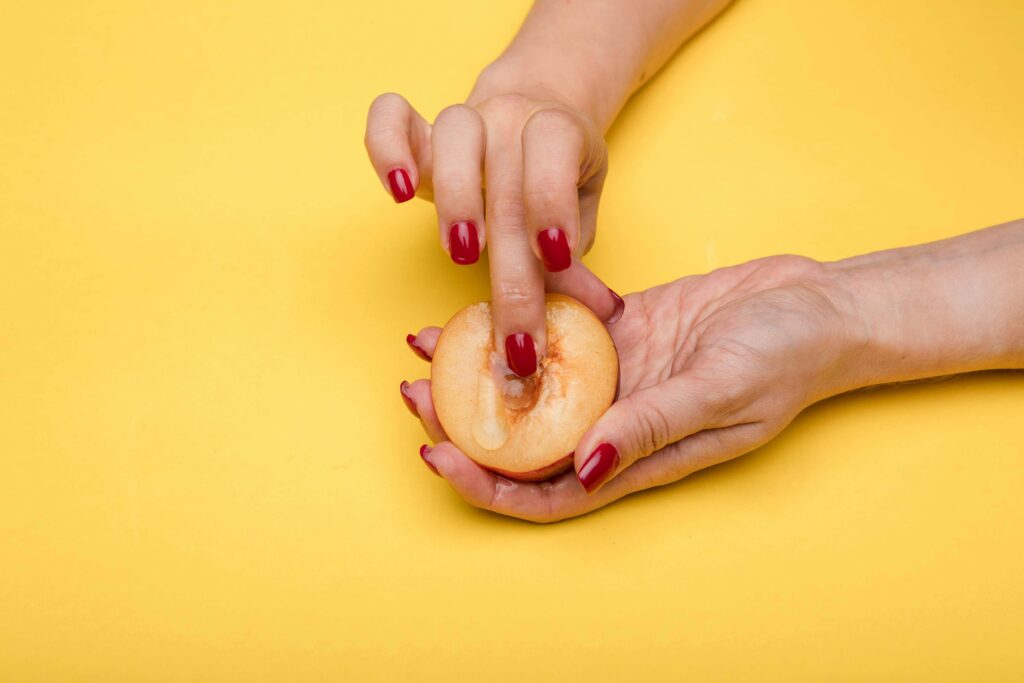Let’s address a topic that often comes with a lot of misconceptions and stigma – masturbation. Many people wonder if it’s a healthy practice and how it differs between men and women. Let’s explore this subject openly and informatively.
What is Masturbation?
Masturbation is the act of stimulating one’s own genitals for sexual pleasure. It’s a common and natural behavior that many people engage in throughout their lives. It’s important to discuss masturbation openly to break down taboos and promote a healthy understanding of self-pleasure.
Is Masturbation Healthy?
Yes, masturbation is generally considered a healthy practice. Here are some of the benefits:
- Physical Health:
- Relieves Stress: Masturbation can help reduce stress by releasing endorphins, which are hormones that promote a sense of well-being.
- Improves Sleep: The relaxation that follows orgasm can improve sleep quality.
- Enhances Sexual Health: For men, regular ejaculation can help reduce the risk of prostate cancer. For women, it can reduce the risk of cervical infections and improve pelvic floor muscle tone.
- Mental Health:
- Boosts Mood: The release of endorphins during masturbation can improve mood and overall mental health.
- Enhances Self-Awareness: Masturbation helps individuals understand their own bodies and sexual preferences better, which can lead to healthier sexual relationships.
- Sexual Health:
- Improves Sexual Function: Regular masturbation can improve sexual function by increasing sexual responsiveness and preventing erectile dysfunction in men and enhancing lubrication and sexual response in women.
- Safe Sex: It’s a form of sexual expression that doesn’t risk pregnancy or sexually transmitted infections (STIs).
Men Masturbation vs. Women Masturbation
While masturbation is a common practice for both men and women, there are some differences in how it is experienced and perceived:
- Men Masturbation:
- Frequency: Studies often show that men tend to masturbate more frequently than women.
- Techniques: Men typically focus on direct stimulation of the penis, often using their hands.
- Societal Views: Historically, male masturbation has been more openly discussed and, in many cultures, more socially accepted than female masturbation.
- Women Masturbation:
- Frequency: Women also masturbate regularly, though they may report it less frequently due to societal taboos.
- Techniques: Women may use a variety of techniques, including clitoral stimulation, vaginal penetration, or using sex toys.
- Societal Views: Female masturbation has often been more stigmatized, though this is changing with greater openness and acceptance of women’s sexuality.
Self Pleasure and Its Importance
Self-pleasure, or masturbation, is a normal and healthy part of human sexuality. It’s important for several reasons:
- Self-Exploration: It allows individuals to explore their bodies and understand what feels good, which can enhance sexual experiences with partners.
- Autonomy: Masturbation is an expression of personal sexual autonomy, allowing individuals to control their own sexual pleasure.
- Reducing Taboos: Open discussions about masturbation can help reduce the shame and stigma often associated with it, promoting a healthier attitude towards sex.
Conclusion
Masturbation is a healthy and natural practice that offers numerous physical, mental, and sexual health benefits. Whether it’s for stress relief, improving sexual function, or simply for pleasure, masturbation is a positive aspect of human sexuality for both men and women. By understanding and discussing it openly, we can promote a more inclusive and informed perspective on sexual health.
Thanks for reading, and feel free to share your thoughts or ask questions!
People also are curious if Women Do Masturbate?


Pingback: Know The Impact of Masturbation on Sexual Performance - sexncigarette.com